This July, a 72-year-old man was picking huckleberries in Flathead National Forest by himself when he was attacked by a female grizzly bear. He managed to access his handgun, shooting and killing the bear and surviving the encounter with serious injuries.
After a summer that brought several high-profile grizzly bear attacks – a veteran who was mauled while hiking in Grand Teton National Park and a Canadian trail runner who says she was saved by her hair clip – some are asking if guns should be as ubiquitous as hiking boots and backpacks when it comes to recreating in bear country.
The idea of using a firearm against bears is something bear biologist and Tooth and Claw podcast host Wes Larson tells us he hears a lot, but it’s not what he recommends.
“There are people out there that would say, ‘oh, I’d trust my gun much more than I would trust bear spray,’ but the thing about a gun is, you’re shooting one projectile. It has one path. And if you miss, you know you’re in trouble.”
When a grizzly bear is sprinting towards you at 30 miles per hour and you’re panicking, the chances of squeezing off a perfect shot seem unlikely, and even if you get lucky, the problem of a defensive bear that wants to kill you won’t necessarily be solved.
“If you hit the bear and you don’t kill it, you’re in a lot more trouble than you would have been otherwise because now that bear’s probably gonna be enraged.”
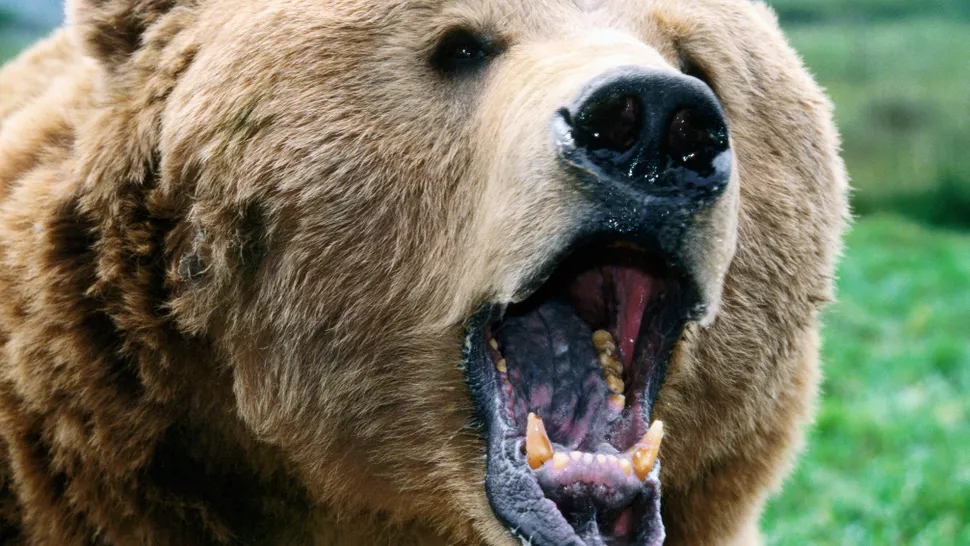
Avoidance is the best deterrent
It’s understandable that you would try to use a gun against a bear if you happen to be carrying one when it charges you, but wildlife experts are insistent that a firearm really doesn’t need to become one of your hiking essentials.
“Avoiding conflicts with bears is easier than dealing with conflicts,” said Montana Department of Fish, Wildlife and Parks in a statement following the July incident.
How can you avoid bears in bear country? Well unless you stay out of the backcountry altogether, there’s always the possibility of an encounter, but wildlife experts at Parks Canada have some tips to reduce your chances of meeting a bear.
- Stay on designated trails – bears are more likely to avoid well-trafficked areas.
- Hike in larger groups when possible.
- Make noise – talk (even to yourself), clap your hands or trekking poles together, blow your whistle.
- Keep your dog on a leash as they can provoke defensive behavior in bears.
- Watch out for signs of bear activity, such as scat, and leave the area immediately if you think a bear is nearby.
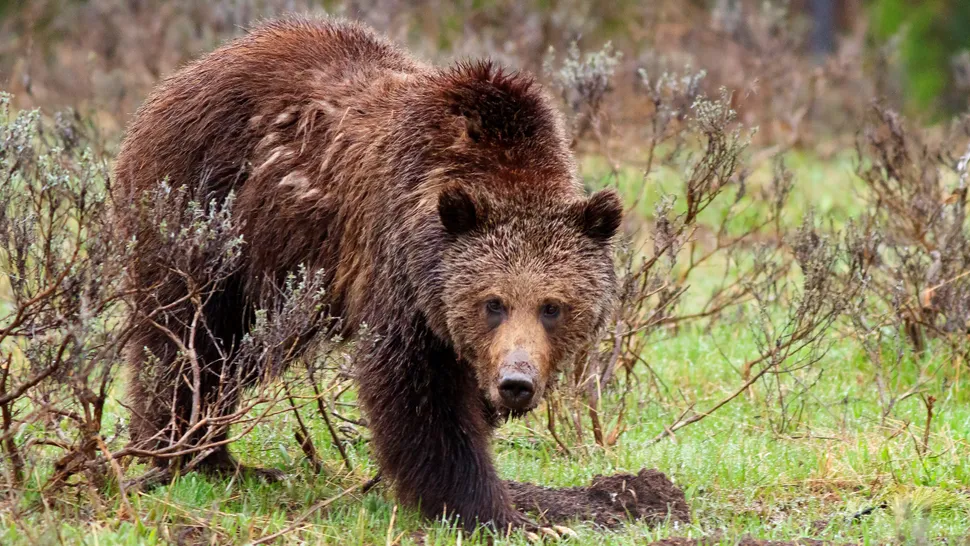
Failing that, choose bear spray over bullets
If you do all of the above and still find yourself face-to-face with a charging bear, don’t lament the fact that you don’t have a handgun in your holster – just make sure you have your bear spray, says Larson.
“Bear spray shoots out a whole cloud of aerosolized pepper spray, so when the bear is still coming at you, it passes through that cloud.”
Mid-charge, the bear inhales that pepper spray – it gets in its eyes, nose and throat and it’s a terrible experience for the bear, according to Larson.
“It’s unlike anything they’ve ever experienced, and they just want to get out of there instantly. It changes the dynamic, and you don’t have to be a good shot with it. So it works much better, and it’s a lot less precise of a tool.”
It also means there’s a chance both you and the bear will get out of the encounter alive.
Deploying bear spray doesn’t take the same training as target practice, but you’ll still want to read our article on how to use bear spray before you hit the trail so you know exactly how and when to press the trigger.
Carrying bear spray is recommended in most places where bears are present, however it’s important to note that it is banned in Yosemite National Park and on the John Muir Trail where black bears are present. You can buy it online, such as this one on Amazon, but remember that you can’t fly with it if you are traveling to the mountains for a hiking trip, so see a local outfitter when you arrive.
This article by Julia Clarke was first published by Advnture on 18 August 2024. Lead Image: A bear biologist explains why bear spray is better than a bullet (Image credit: Getty).
What you can do
Help to save wildlife by donating as little as $1 – It only takes a minute.
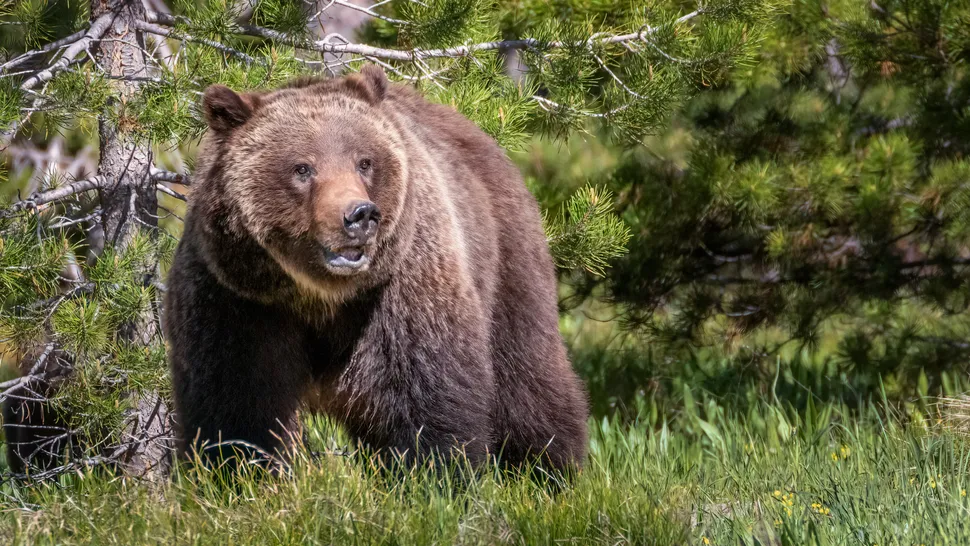

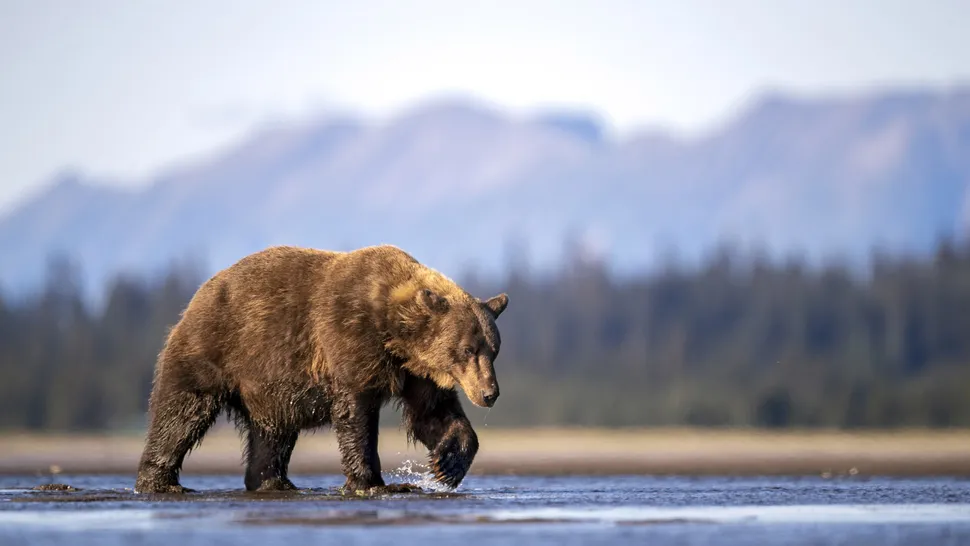

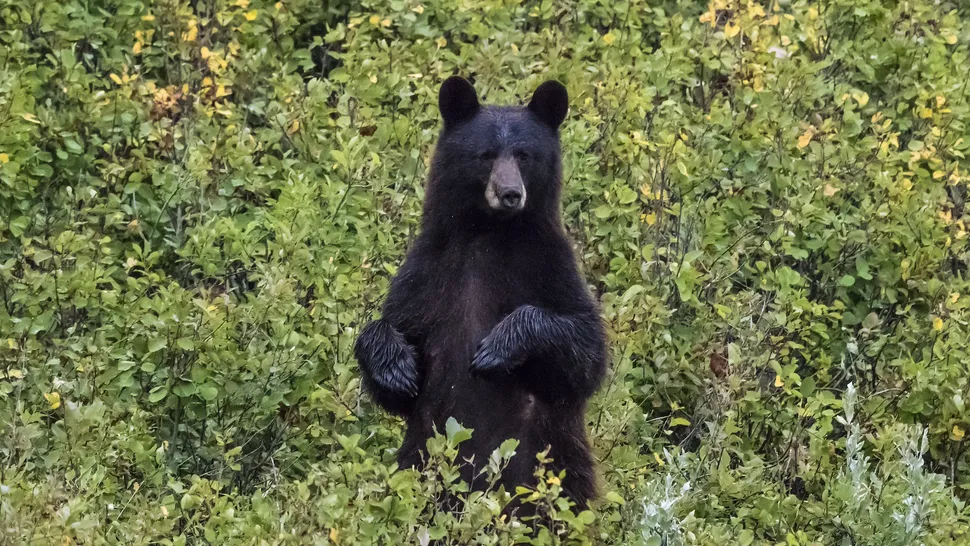
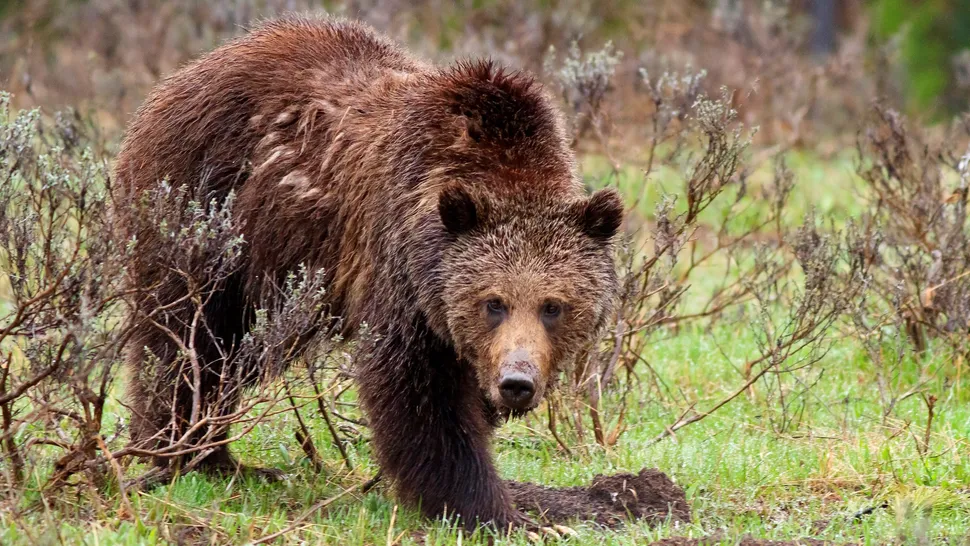
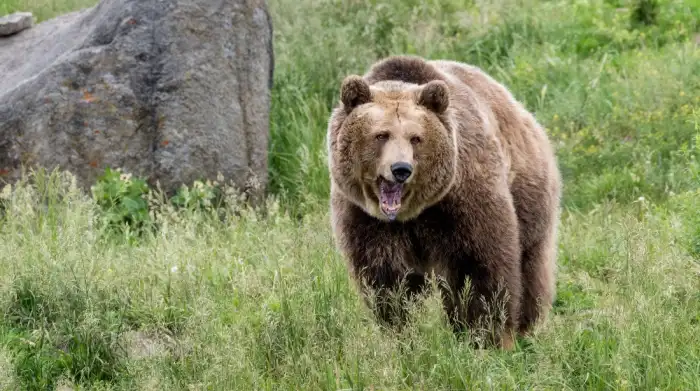
Leave a Reply